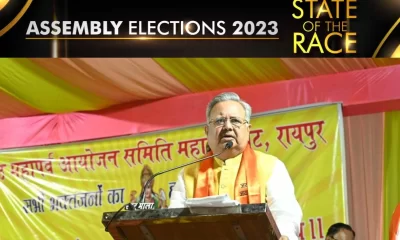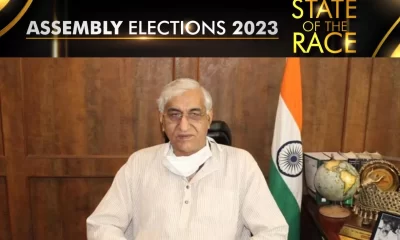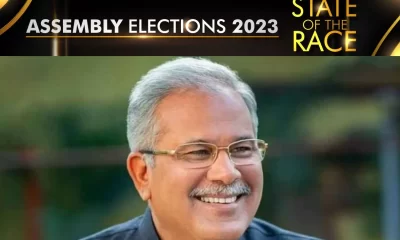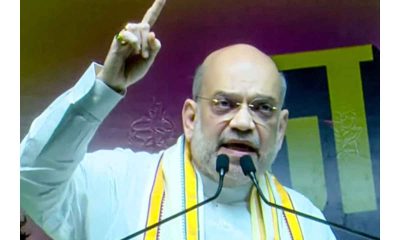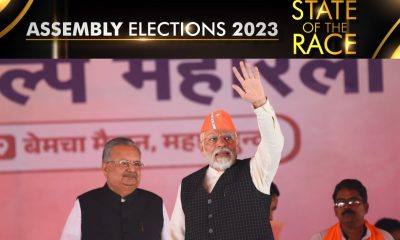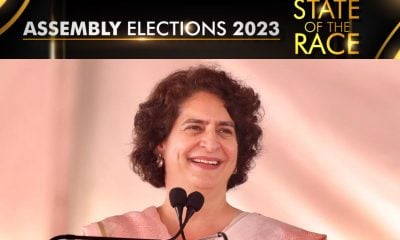Latest Politics News
Amit Jogi: The Son Rises
Amit, son of late chief minister Ajit Pramod Jogi, has filed his nomination papers from Patan in Chhattisgarh as candidate of his regional Party JCC against incumbent CM Bhupesh Baghel. He wants revenge for rejection of his nomination papers in 2019 for which he blames Baghel.
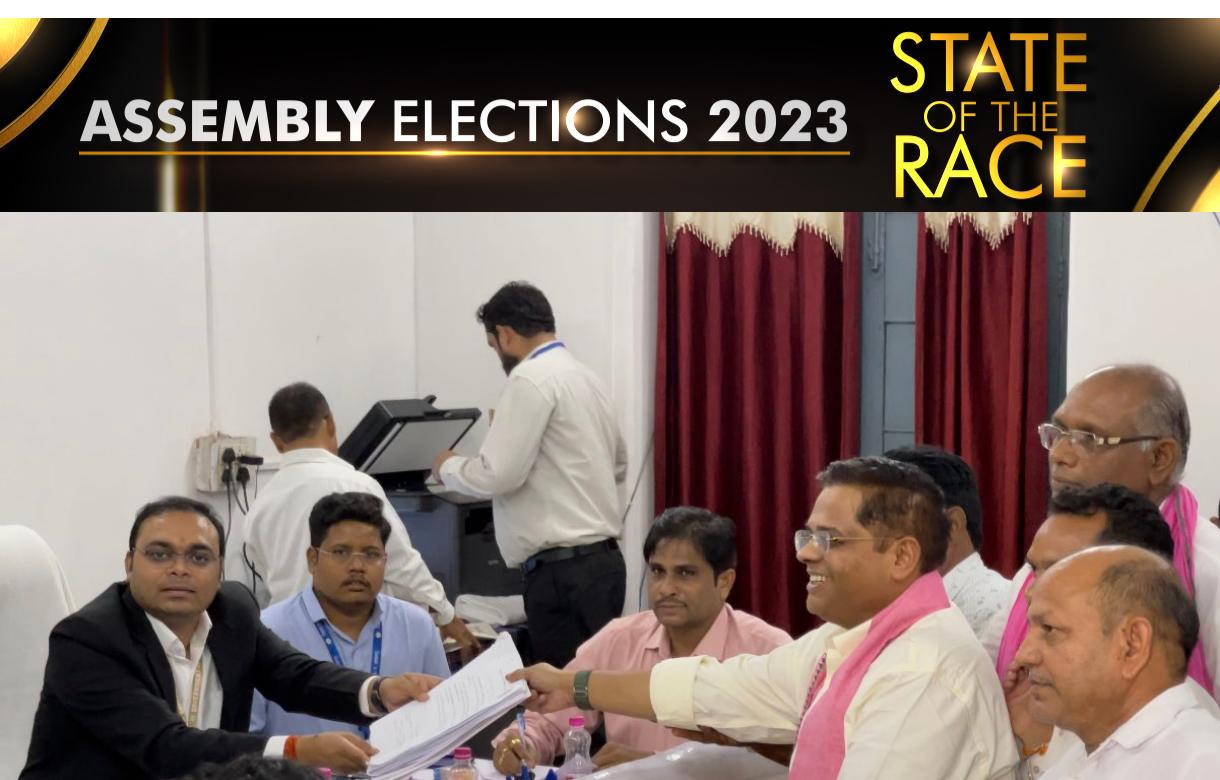
India News
Ajit Pawar’s son seeks detailed probe into Baramati plane crash
Jay Pawar has demanded a comprehensive probe and action against the aviation firm after the Baramati plane crash that killed Ajit Pawar and four others.
India News
PM Modi sends congratulatory letter to Tarique Rahman after swearing-in
Lok Sabha Speaker Om Birla handed over Prime Minister Narendra Modi’s congratulatory letter to Bangladesh Prime Minister Tarique Rahman following his swearing-in and extended an invitation to visit India.
India News
Navjot Kaur Sidhu says Rahul Gandhi disconnected from ground realities
Navjot Kaur Sidhu criticises Rahul Gandhi after exiting Congress, alleging corruption in the Punjab unit and predicting defeat in upcoming state elections.
-

 India News17 hours ago
India News17 hours agoDMK leader’s son arrested after car rams family in Krishnagiri, one dead
-

 India News16 hours ago
India News16 hours agoRSS chief backs nationwide rollout of Uniform Civil Code, cites Uttarakhand model
-

 India News7 hours ago
India News7 hours agoAs stealth reshapes air combat, India weighs induction of Sukhoi Su-57 jets
-

 Cricket news7 hours ago
Cricket news7 hours agoRinku Singh returns home from T20 World Cup camp due to family emergency
-

 India News6 hours ago
India News6 hours agoTamil Nadu potboiler: Now, Sasikala to launch new party ahead of election

